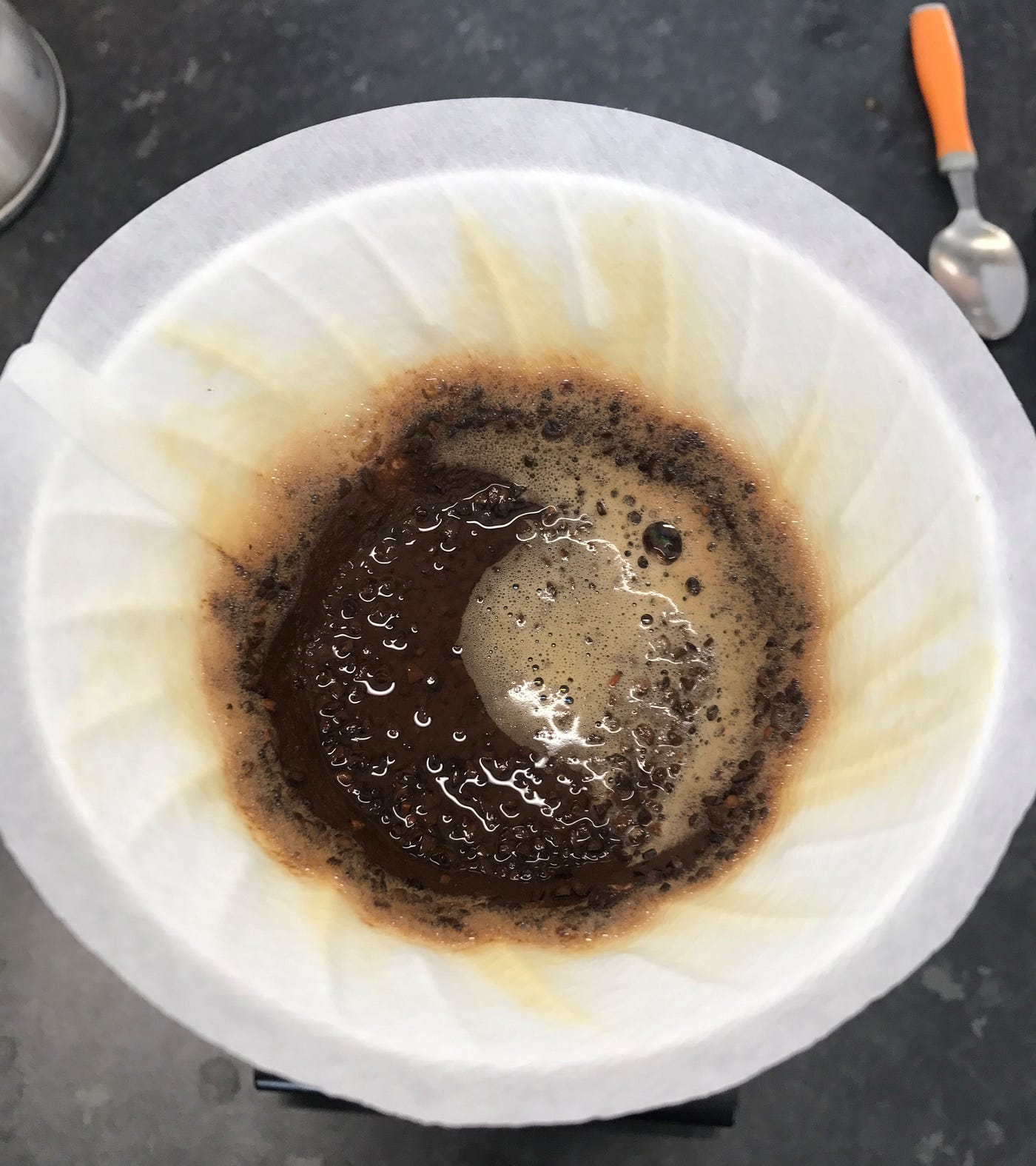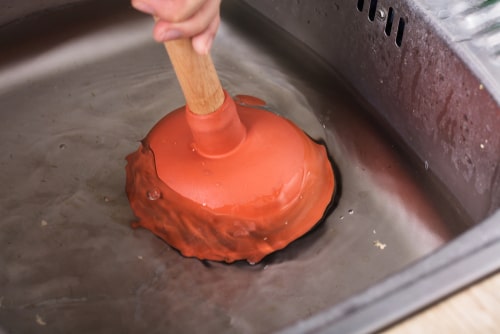Disposing of Coffee Grounds in the Sink: Possible or Not? - Expert Advice What's Needed
Disposing of Coffee Grounds in the Sink: Possible or Not? - Expert Advice What's Needed
Blog Article
This great article in the next paragraphs about Should You Put Coffee Grounds Down the Sink? is exceptionally captivating. Read it for yourself and decide what you think about it.

If you're an avid coffee enthusiast, you could be questioning the very best way to deal with your coffee grounds. While it might seem convenient to clean them down the sink, this method can result in numerous problems for both your plumbing and the environment. In this write-up, we'll check out whether it's risk-free to put coffee premises down the sink and talk about different disposal methods to take into consideration.
Alternatives to Disposing of Coffee Grounds
Trash Disposal
If you do not have a composting setup, one more alternative is to merely toss your coffee grounds in the trash. Make sure to secure them in a compostable bag or container to avoid smells and leak. While this technique does not use the same ecological benefits as composting, it's a safe and convenient method to get rid of coffee premises.
Composting
One environmentally friendly alternative for disposing of coffee premises is to compost them. Coffee grounds are abundant in nitrogen, making them a superb addition to compost heap or bins. As they decay, they add nutrients to the soil, enhancing its fertility and appearance.
Risks of Putting Coffee Grounds Down the Sink
Plumbing Issues
One of the primary interest in throwing away coffee premises down the sink is the threat of obstructing your pipes. Coffee grounds do not liquify in water and can build up gradually, developing a thick sludge that can obstruct drains pipes and result in costly plumbing fixings.
Ecological Impact
Beyond the potential damages to your plumbing, placing coffee grounds down the sink can additionally hurt the setting. When cleaned into the sewer system, coffee grounds can contribute to clogs in sewage system lines and therapy centers. Furthermore, the high focus of organic matter in coffee grounds can deplete oxygen levels in rivers, negatively affecting aquatic life.
Tips for Proper Disposal
Regular Maintenance
No matter just how you select to get rid of your coffee grounds, it's essential to preserve your plumbing on a regular basis. Arrange routine drainpipe cleanings to eliminate any type of build-up and make sure that your pipelines stay clear and free-flowing.
Make Use Of a Sink Strainer
To avoid coffee premises from entering your sink's drain to begin with, consider utilizing a sink filter. These affordable tools trap solid bits, consisting of coffee grounds, avoiding them from creating obstructions.
Conclusion
While it may be appealing to clean coffee premises down the sink for convenience, doing so can have major repercussions for your plumbing and the environment. Instead, consider composting your coffee grounds or throwing away them in the garbage. By embracing accountable disposal techniques, you can appreciate your coffee guilt-free while decreasing your environmental impact.
Coffee Grounds Down The Drain: Are They OK?
Can Coffee Grounds Go Down the Sink?
You may be thinking, “But I pour them down the sink drain every day and I’ve never had a clogged drain!” You see, coffee grounds come from coffee beans, which are virtually rock hard by the time they’re ground and brewed. You certainly wouldn’t want to grind up the pit from a peach, apricot, or nectarine that is about just as hard because they wouldn’t break down like other foods, and it’s the same with coffee beans!
If you usually grind coffee beans in the garbage disposal because it seems the cleanest and convenient, we don’t fault you for that. And anyone who has ever had to clean up the trash with spilled coffee grounds after a dog got into it would understand the rationale. Unfortunately, coffee grounds do not break down in water, so instead of grinding up and washing away as normal foods do in a garbage disposal, they clump together and as time goes by, the grounds can form a clump and pack the drain until it develops a clog.
What to Do With Coffee Grounds
So, what do you do with coffee grounds if you can't put them down the drain? You could of course just throw them in the garbage, but we encourage you to give these practical uses for them a try!
Since coffee grounds contain key minerals for plant growth, you can use them to fertilize your garden. Coffee grounds not only fertilize gardens because they are mineral-rich, but they are also great at absorbing contaminants in the soil, particularly heavy metals. Coffee grounds are said to attract worms, which help gardens flourish. You can use coffee grounds as fertilizer by sprinkling them around your plants. You can compost your coffee grounds and use them at a later time. Coffee grounds are great insect repellents when you place them in bowls or sprinkle them around the areas you want to repel insects. To remove fleas from your dog or cat, simply shampoo your pet then rub coffee grounds throughout their fur. Rinse them off and dry as usual. Like baking soda, used coffee grounds can eliminate odors. You can place them in a bowl in the fridge and let them do the work! Mix coffee grounds with coconut oil for a wonderful face or body scrub, or to reduce the appearance of cellulite. https://www.wintershomeservices.com/blog/2019/august/coffee-grounds-down-the-drain-are-they-ok-/

Hopefully you enjoyed reading our excerpt about Can Coffee Grounds Go Down the Drain or Sink?. Thanks a lot for taking time to read through our posting. Enjoyed our piece of writing? Please share it. Help somebody else check it out. Thank you for your time. Kindly pay a visit to our website back soon.
Schedule Estimate Report this page